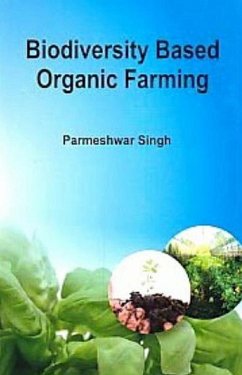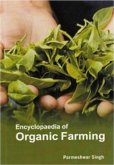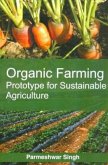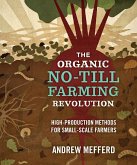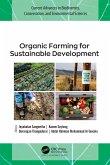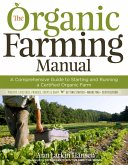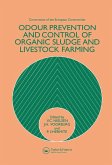The effect of organic farming has been a subject of interest for researchers. Theory suggests that organic farming practices, which exclude the use of synthetic pesticides and fertilizers, would be beneficial for biodiversity, and this has proven true. Spanning all associated species, there is an average of 30% more on organic farms versus conventional farming methods. In ancient farming practices, farmers did not possess the technology or manpower to have a significant impact on the destruction of biodiversity even as mass-production agriculture was rising. Nowadays, common farming methods generally rely on pesticides to maintain high yields. With such, most agricultural landscapes favour mono-culture crops with very little flora or fauna co-existence. Modern organic farm practices such as the removal of pesticides and the inclusion of animal manure, crop rotation, and multi-cultural crops provides the chance for biodiversity to thrive. Nearly all non-crop, naturally occurring species observed in comparative farm land practice studies show a preference in organic farming both by population and richness. This book has been written for agricultural planners, soil scientists, biologists, microbiologists, students, teachers, fertilizer industry, personnel research and development units, organisation engaged in biofertilizer production, training centres, all those interested in the efficient use and recycling of wastes, resource management and sustainable farming.
Dieser Download kann aus rechtlichen Gründen nur mit Rechnungsadresse in A, B, BG, CY, CZ, D, DK, EW, E, FIN, F, GR, HR, H, IRL, I, LT, L, LR, M, NL, PL, P, R, S, SLO, SK ausgeliefert werden.

